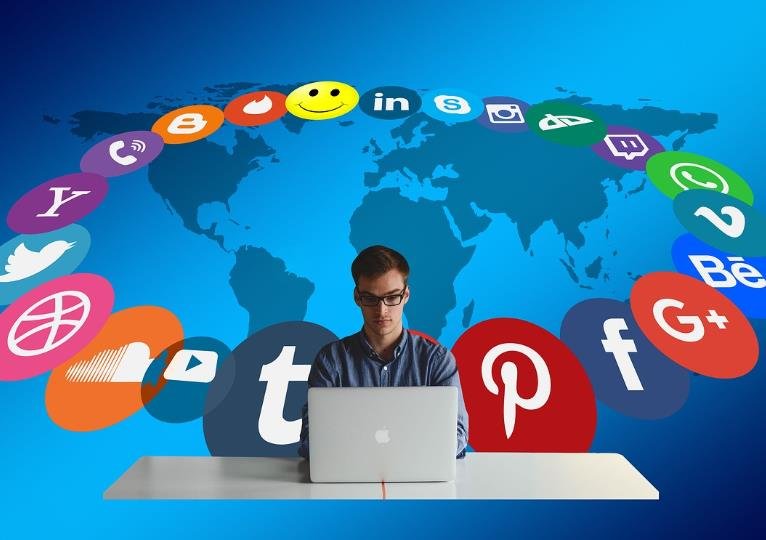In today’s digital landscape, the term “social media” has become ubiquitous, encompassing a wide range of platforms and activities. However, not all online interactions fit neatly into this category. As social media evolves, it blurs the lines between traditional social networking and other forms of digital engagement. This article explores the nuances of what constitutes social media and examines instances where platforms and activities diverge from the conventional definition.
Social media began as a way for people to connect and share personal updates. Platforms like Facebook and Twitter revolutionized communication by allowing users to broadcast their thoughts and experiences to a wide audience. Over time, these platforms expanded their functionalities, incorporating features like live streaming, e-commerce, and virtual reality.

As social media platforms evolved, they began to serve purposes beyond social interaction. For instance, LinkedIn, initially a professional networking site, now offers a range of services including job postings, online learning, and content publishing. Similarly, Instagram has transformed from a photo-sharing app to a powerful marketing tool for businesses and influencers.
The integration of these diverse functionalities raises the question: when does a platform cease to be purely social media? The answer lies in the intent and usage of the platform. When the primary focus shifts from social interaction to other activities, such as professional networking or e-commerce, the platform begins to transcend the traditional boundaries of social media.
Platforms That Defy Definition
Several platforms illustrate the blurred lines between social media and other digital services. Take YouTube, for example. While it has social features like comments and community posts, its primary function is video sharing and consumption. This makes it more of a content platform than a traditional social network.
Similarly, platforms like Reddit and Discord offer unique blends of social interaction and specialized content. Reddit’s structure of topic-based communities fosters in-depth discussions rather than casual socializing. Discord, originally designed for gamers, has expanded to host communities around various interests, combining social interaction with real-time communication tools.
These platforms challenge the conventional definition of social media by prioritizing content and community over personal updates. They highlight the diverse ways people engage online, suggesting that the term “social media” may be too narrow to encompass all forms of digital interaction.
The Future of Digital Interaction
As technology continues to advance, the lines between social media and other digital services will likely become even more blurred. The rise of the metaverse, for instance, promises to create immersive virtual environments where social interaction, commerce, and entertainment converge. In such spaces, the distinction between social media and other activities may become increasingly irrelevant.
Moreover, the integration of artificial intelligence and machine learning into digital platforms will further transform how we interact online. Personalized content recommendations, automated customer service, and virtual assistants are just a few examples of how AI is reshaping digital experiences. These advancements will continue to push the boundaries of what we consider social media.
In conclusion, the evolving nature of digital platforms challenges the traditional definition of social media. As platforms incorporate diverse functionalities and new technologies emerge, the lines between social networking and other forms of digital engagement will continue to blur. Understanding these nuances is crucial for navigating the ever-changing digital landscape.
















